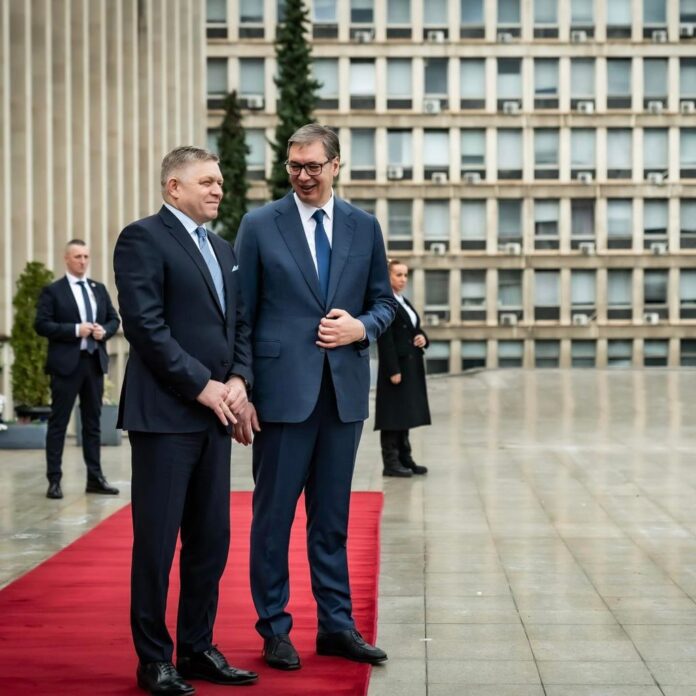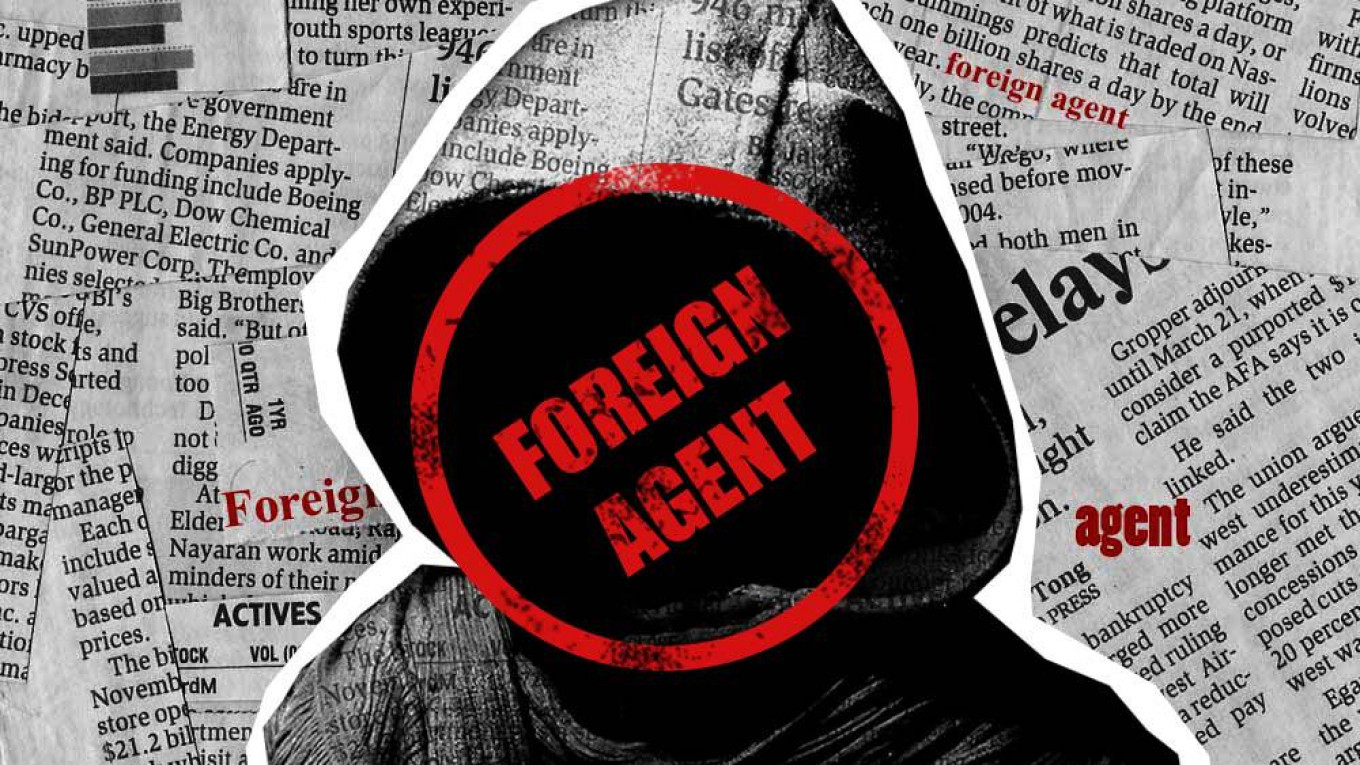As Serbia reels from nationwide protests sparked by a deadly infrastructure collapse that killed 15—mostly students—Slovak Prime Minister Robert Fico has publicly backed Serbian President Aleksandar Vučić, accusing foreign actors of manipulating protest movements in both countries. In a call on Friday, 21 March 2025, Fico portrayed civic demonstrations not as demands for accountability but as a regional strategy to topple legitimate governments, invoking narratives that echo Kremlin-style disinformation. By dismissing protestors’ grievances and linking them to alleged external subversion, Fico has positioned himself as an ally of embattled Balkan strongmen—and signalled a sharp turn in Slovakia’s approach to democracy and dissent.
On Friday, 21 March 2025, Slovak Prime Minister Robert Fico held a phone call with Serbian President Aleksandar Vučić, offering him strong political backing in the face of escalating anti-government protests across Serbia. Publicly praising Vučić as the legitimate leader of a sovereign and proud nation, Fico claimed the demonstrations in both Serbia and Slovakia were being manipulated by external actors aiming to overturn democratic election results. Rather than addressing the root causes of the unrest, he portrayed the protests as part of a broader effort to destabilise governments in the region—setting the tone for a narrative that downplays civic grievance and reframes mass mobilisation as foreign subversion.
Fico’s remarks came as Serbia faced a wave of large-scale protests following a fatal structural collapse in Novi Sad on 1 November 2024, in which 15 people—mostly students—lost their lives. The incident, involving the collapse of a concrete structure at a railway station entrance, has fuelled public outrage over alleged government corruption and negligence. Mass demonstrations have been ongoing for weeks, with protestors demanding accountability and an independent investigation. In response to public pressure, several Serbian officials, including Prime Minister Miloš Vučević, have stepped down. Opposition parties in Serbia’s parliament have since called for the creation of a transitional government to oversee fair elections.
Rather than expressing concern over the tragic loss of life or the protestors’ demands, Fico portrayed the Serbian unrest as a manufactured crisis designed to topple a legitimate government. “Every week, new reasons and open lies are invented to organise anti-government protests, and the aggression of the opposition and anti-government media is escalating,” he declared. He extended this framing to Slovakia, claiming that protests at home were similarly orchestrated by “strange figures” allegedly linked to Ukraine’s Maidan revolution and protests in Georgia.
According to Fico, the Slovak government is under constant threat from actors seeking to “overthrow a legitimate Slovak government by abusing the public and spreading lies.” He insisted that the only response to these alleged destabilisation efforts is to “firmly adhere to the principles of democracy and the results of free elections.”
Fico’s rhetoric positions both Slovakia and Serbia as victims of external interference, suggesting a coordinated strategy by foreign actors to undermine national sovereignty. These assertions mirror disinformation tactics used to delegitimise protest movements by linking them to foreign conspiracies, despite a lack of supporting evidence. The Slovak prime minister’s statements also echo Russian narratives that discredit civic mobilisation by framing it as Western-backed subversion.
Meanwhile, Serbian President Vučić, in his own public commentary, echoed the themes of sovereignty and foreign threat. Referring to his conversation with Fico as “friendly and open,” Vučić thanked Slovakia for its “principled position” on Serbia’s territorial integrity and its support for Serbian accession to the European Union. He confirmed that the two leaders also discussed geopolitical developments, regional security, and the deepening of bilateral ties between Bratislava and Belgrade.
Fico’s open solidarity with Vučić at a time of domestic crisis in Serbia—while dismissing protestors’ grievances and amplifying unsubstantiated claims of foreign subversion—underscores a broader political posture that conflates public dissent with illegitimacy. It also highlights the Slovak government’s increasing tendency to mirror authoritarian communication tactics, framing democratic protest as a threat rather than a constitutional right. For international observers, this alignment with Serbia’s embattled leadership offers further evidence of Slovakia’s shifting approach to democratic norms, accountability, and civil liberties.
Source: TASR | SME.SK








